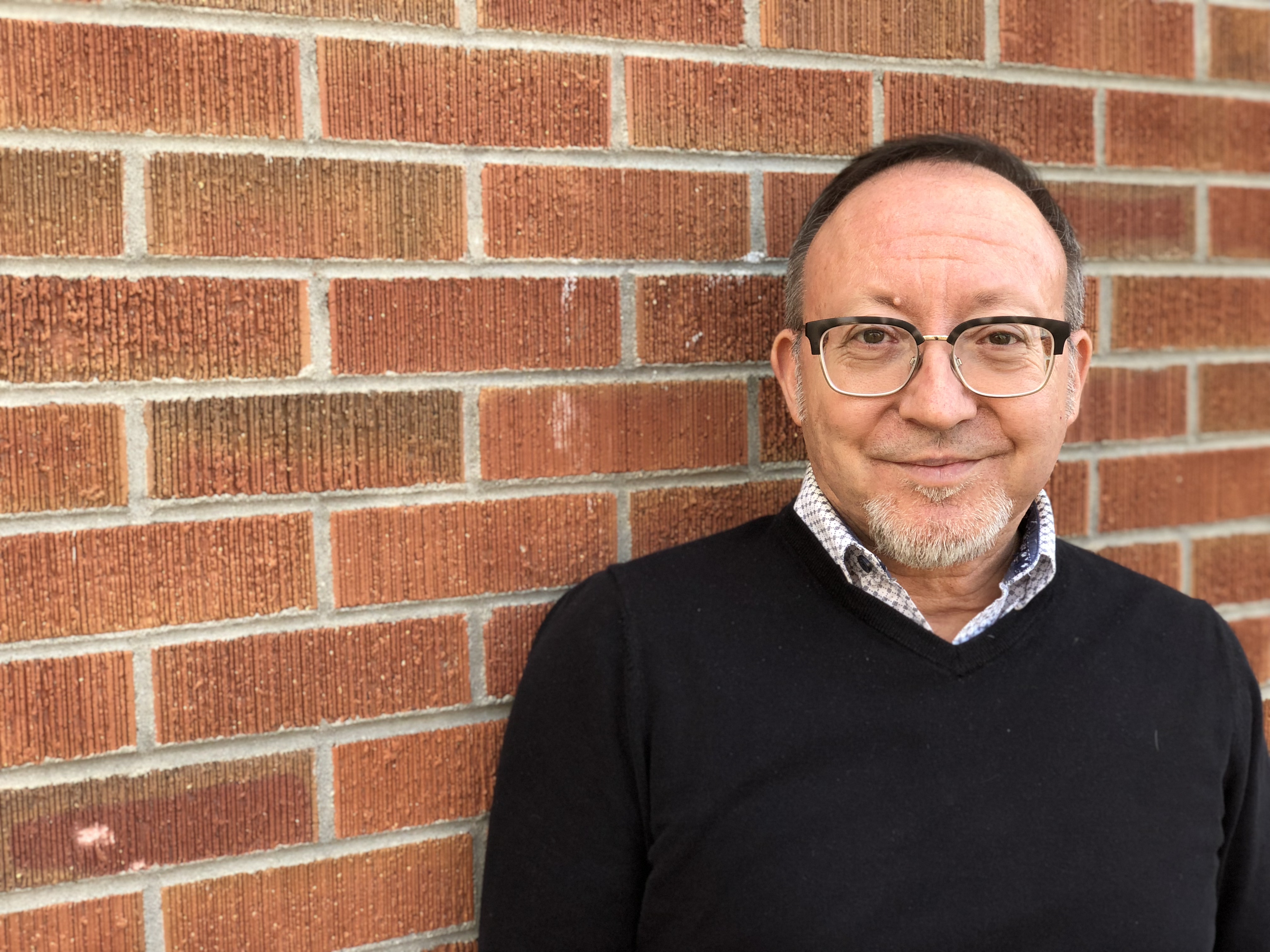Taking Back Lost Ground
I recently met with a WGA group member for coffee. Over our time together he began to recount a long and painful history of sexual abuse. This is always a hard and heartbreaking part of the WGA ministry. One of the tough consequences of these experiences for him was also a lengthy history of sexual addiction. For many years he struggled with finding anonymous sexual encounters with other men. His wake up call came one evening when he was leaving a “hook up” with a stranger. It suddenly dawned on him the things he was performing sexually with these men were mirroring the things which happened to him growing up. He was actually re-enacting his abuse over and over. This connecting-the-dots revelation led him to pursue therapy and the healing journey began. I am very grateful he has taken these courageous steps.
In my last several blogs (Part 1, Part 2, Part 3), I’ve been discussing some helpful points our friend Veronica Johnson shared about recovering from abuse. Veronica is a therapist at Envision Counseling and much of her teaching several years ago has really stuck with me. She spoke on the balance of processing the trauma and working on “self-abilities” like self awareness, emotional management and boundaries. Having support and community is also important in the healing work, such as visiting a therapist or a support group. So much can be lost for a person with a history of abuse. When destructive choices or coping mechanisms are made in reaction to the abuse, even more is lost. What does it look like to take back the lost or stolen ground in our physicality, emotional life, mental health and sexuality? We’ve already alluded to many ways in the previous blogs—let’s continue the discussion.
Reclaiming Positive Views of Body and Sexuality
Some of the synonyms for the word “reclaim” are—recover, take back, regain, save, rescue and redeem. These are perfect words to describe what it means to take back those things which have been lost or stolen from us due to abuse. A good place to start would be the direction my coffee companion took which would be working on stopping problematic relating and sexual behaviors. These behaviors can look a lot of different ways. Some are addictive behaviors like “acting out” and overindulging compulsively and obsessively. My friend’s anonymous sexual encounters are a good example. But there can also be “acting in” types of protective behaviors which are about control—like avoidance, shutting down and detachment. These problematic behaviors only serve to increase shame and keep us from experiencing real intimacy which is a remedy in healing from abuse.
This is also why learning about healthy sexuality is very important in the process. Healthy sexuality is about healthy relationships overall. What does healthy intimacy look like in all different types of relationships? Separating yourself from the abuse and what was done is also needed in recovery. Abuse can leave us with a poor and warped concept of who we are and how we see ourselves. We might think we’re damaged goods, dirty or deserving of the abuse and define ourselves by those things.
Learning to give and receive nurture in the simplest way will help with our self care. We are made in God’s Image He sees us as His beloved children. Connecting with this reality offers us worth and dignity in caring for ourselves well. Hopefully we’ll find trusted people in our lives to care for us also. Part of being nurtured is to be touched. Many abuse survivors have a negative conditioned response to touch because it has been sexualized due to the abuse. There may be a season of relearning and using healing “touch techniques” to help regain this important part of establishing intimacy.
We’ve covered a lot of ground in this series looking at an overview of this difficult and sometimes painful journey of recovery. What makes it worth it all? What are the benefits of starting down this healing path? In my last and final installment in this series, we’ll address these questions.

Scott Kingry
Program Director
Although he holds a degree in graphic arts, he attributes his ministry qualifications to the “school of hard knocks.” God’s abundant grace continues to be the instrument of growth in his life, and he desires to be firmly grounded in the forgiveness and freedom of relationship with Jesus Christ.
Scott attends a Presbyterian Church.
Make a Difference in Someone's Life
If you enjoy reading WGA’s blogs and would like to show your support, please consider making a donation. Where Grace Abounds is a 501(c)3 non-profit organization. The majority of services, including support groups and discipleship counseling, are provided free of charge. Your financial gifts help to cover the costs associated with offering a free program to those who seek WGA’s services.

